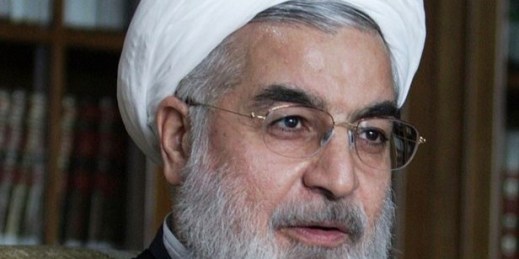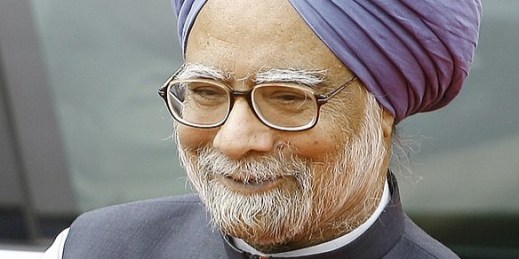
Iranian President Hassan Rouhani was elected in June 2013 on a ticket of change, amid hope for improvements in both domestic and foreign affairs. His constituents were, and still are, hoping for an easing of the political atmosphere, a less stifling environment on university campuses, a more predictable and stable style of governance and, most importantly, a reversal of the economic decline that has impoverished Iranians in the past 3-4 years. In many ways, most of the promises on this electoral laundry list hinge on the last item—turning the Iranian economy around. This plays into but is not the sole […]



